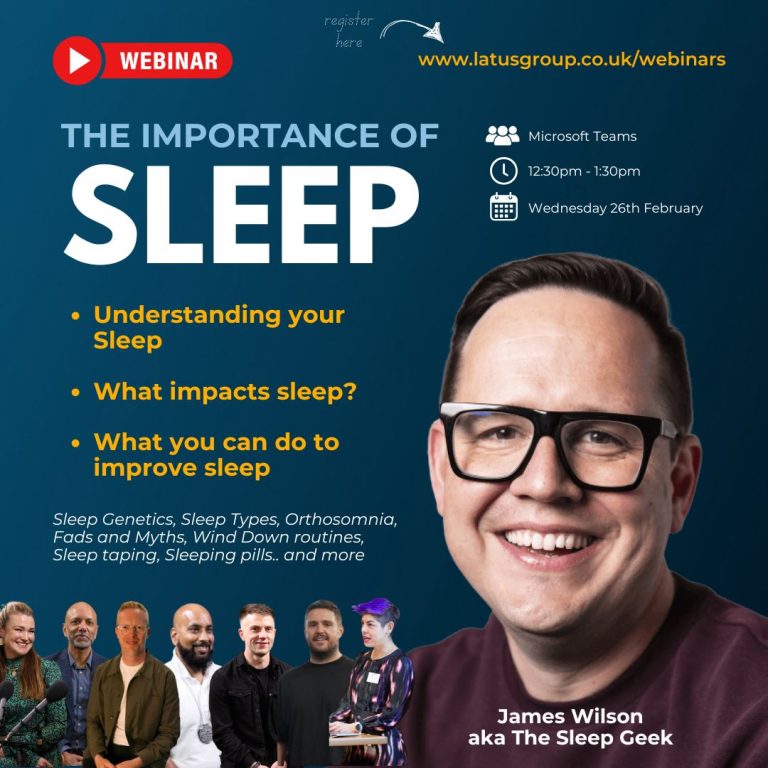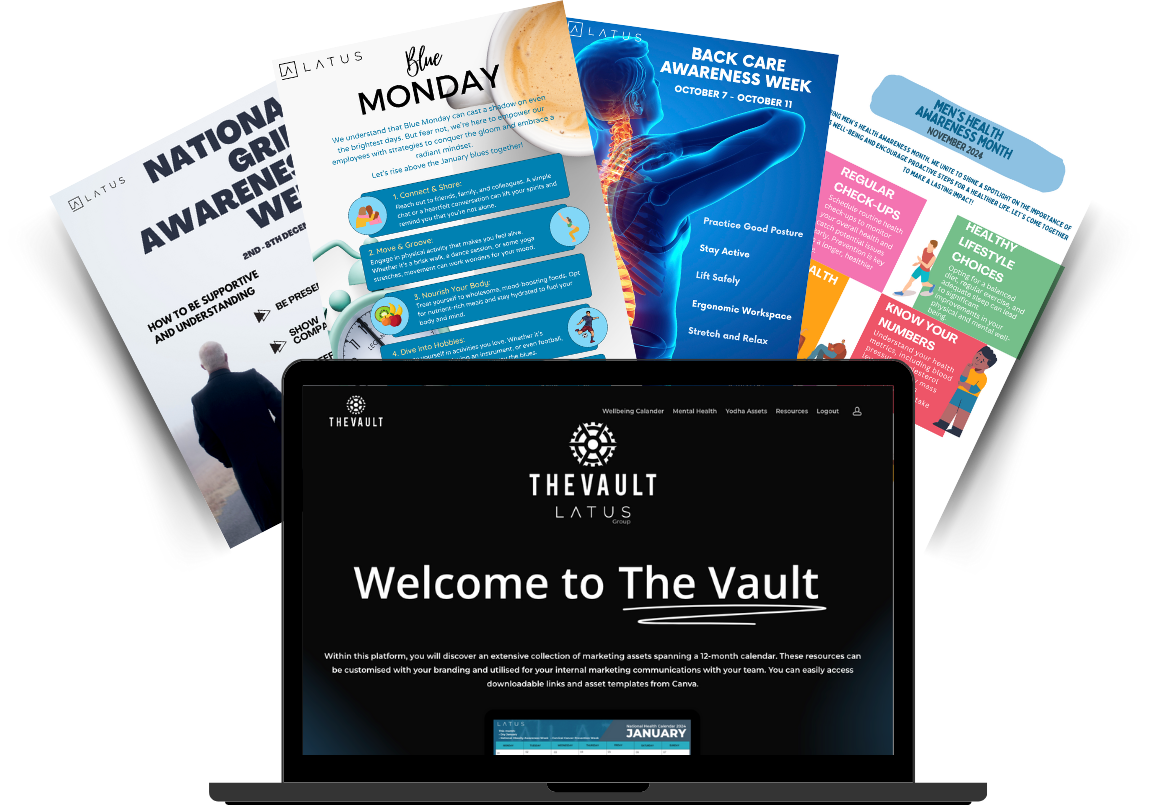“Overly sleepy employees are 70% more likely to be involved in workplace accidents than colleagues who are not sleep deprived.” – The Sleep Foundation
In high-risk jobs—whether you’re operating heavy machinery, working in confined spaces, or dealing with medical emergencies—sleep isn’t just a luxury. It’s essential. While many of us might take a good night’s sleep for granted, those working in safety-critical roles must understand just how crucial proper sleep is. Fatigue caused by inadequate sleep can lead to serious consequences, including accidents, injuries, and even fatalities.
The Health & Safety Department states that sleep deprived employees are 1.6 times as likely to suffer a workplace injury.
Industries Where Sleep Deprivation Poses Safety Risks
In various industries, lack of sleep is a serious safety concern. Sleep deprivation among professionals such as pilots, truck drivers, shift workers, and healthcare staff increases the likelihood of dangerous mistakes.
For workers who drive as part of their job, sleepiness is especially hazardous. Studies show that drivers who get fewer than six hours of sleep are 33% more likely to be involved in an accident compared to those who get seven to eight hours of rest. Drowsy driving is just as dangerous—if not more so—as driving with a blood alcohol concentration (BAC) of 0.05%, which is above the legal limit in some places. For context, the legal BAC limit in the U.S. is 0.08%, and some states have stricter regulations.
When we don’t get enough sleep, both our brain and body aren’t operating at their best. In high-risk jobs, this results in slower reactions, poorer decision-making, and reduced focus—issues that can create serious safety risks. Getting proper rest ensures you’re alert, focused, and ready to perform at your best, no matter the demands of your role.
“Sleep deprived employees are 1.6 times as likely to suffer a workplace injury.” – The Health and Safety Department
How Lack of Sleep Causes Workplace Accidents or Death
Sleep deprivation is a serious risk factor in high-risk jobs, where safety is critical. When workers don’t get enough rest, it can lead to mistakes, accidents, and even fatalities. Here’s how lack of sleep directly contributes to workplace danger:
1. Impaired Cognitive Function
Sleep is essential for clear thinking. Without it, decision-making, memory, and focus suffer, leading to mistakes in high-stakes environments. A fatigued worker might overlook critical details or misjudge a situation, increasing the risk of accidents.
2. Slower Reaction Times
Fatigue slows the brain’s ability to process information quickly. A worker who’s sleep-deprived may react too slowly to potential hazards, such as a malfunctioning machine or an emergency situation, leading to accidents that could have been avoided with quicker responses.
3. Increased Risk-Taking and Poor Judgement
Lack of sleep can cause workers to take unsafe shortcuts or ignore safety protocols, thinking they can get the job done faster. This risky behaviour can result in dangerous situations, especially when operating heavy machinery or working in hazardous environments.
4. Reduced Focus and Attention
Fatigue leads to poor concentration. Workers may become distracted or fail to notice hazards, such as a faulty piece of equipment or a change in the environment, putting themselves and others in danger.
5. Mood Swings and Emotional Instability
Sleep deprivation affects emotional control. Irritability, stress, or anxiety can cloud judgement, causing poor communication and unsafe decisions. In high-pressure environments, this emotional instability can lead to mistakes or even conflicts between team members.
6. Drowsy Driving or Operating Equipment
Driving or operating machinery while tired is as dangerous as driving under the influence. Sleep-deprived workers have slower reaction times and may experience microsleeps, leading to accidents on the road or in the workplace.
7. Long-Term Health Issues
Chronic sleep deprivation increases the risk of heart disease, diabetes, and other health problems. These long-term effects can make workers physically unfit, impairing their ability to work safely and increasing the likelihood of accidents due to fatigue or illness.
8. Cumulative Fatigue
Accumulating sleep debt from consistent lack of rest worsens fatigue over time, leading to more significant impairments in focus, decision-making, and physical coordination, ultimately increasing accident risk.
Tips for a Good Nights Sleep
Adequate sleep is crucial for maintaining both health and safety in the workplace. Poor sleep can impair concentration, reaction times, and decision-making, increasing the risk of accidents and errors. Prioritising quality rest not only improves well-being but also ensures a safer, more productive work environment. Here are some essential tips to help ensure you get a restful night’s sleep, so you can stay alert, focused, and ready to perform at your best on the job.
1. Stick to a Regular Sleep Schedule: Try to go to bed and wake up at the same time every day, even on weekends.
2. Create a Relaxing Bedtime Routine: Wind down with calming activities like reading or taking a warm bath before bed.
3. Limit Caffeine and Alcohol: Avoid consuming caffeine or alcohol in the hours leading up to bedtime, as they can interfere with your sleep quality.
4. Keep Your Bedroom Cool and Comfortable: A cooler, darker room can help signal your body that it’s time to rest.
5. Limit Screen Time Before Bed: The blue light from phones, tablets, and computers can disrupt your sleep cycle, so try to avoid screens at least an hour before bed.
6. Be Mindful of Your Diet: Avoid heavy meals right before bed, as they can cause discomfort and disrupt sleep.
7. Stay Active During the Day: Regular exercise can promote better sleep, but avoid vigorous activity too close to bedtime.
8. Manage Stress: Practice relaxation techniques such as meditation or deep breathing to help ease any anxiety before bed.
9. Ensure Your Mattress and Pillows Are Comfortable: Invest in good quality bedding to support a restful night’s sleep.
10. Limit Naps: If you need to nap during the day, keep it brief (20-30 minutes) and avoid napping late in the afternoon.
Webinar
Hot off the heels of our successful webinar on Alcohol Awareness, we’re now moving on to arguably one of the most important topics we’ve covered to date – The Importance of Sleep.
Feeling sluggish? Foggy-headed? Tired of being tired? You’re not alone. In today’s fast-paced world, sleep often takes a backseat, but the truth is, quality sleep is the cornerstone of a healthy, happy, and productive life.
Joining us on Wednesday 26th February is James Wilson aka The Sleep Geek, to discuss the simple science behind sleep and giving you an insight into how sleep works.
To register click here

The Vault
The Vault – Your Ultimate Resource for Workplace Wellness
We can help you educate your employees on the importance of sleep with expertly crafted posters, infographics, and social media posts.
The Vault is an exclusive service that provides a variety of resources to help you raise awareness on key wellness topics such as sleep health, nutrition, mental health, and more.
We have a selection of sleep-focused materials available for you to download and share with your colleagues.
Register for The Vault for full access >> Register Here


